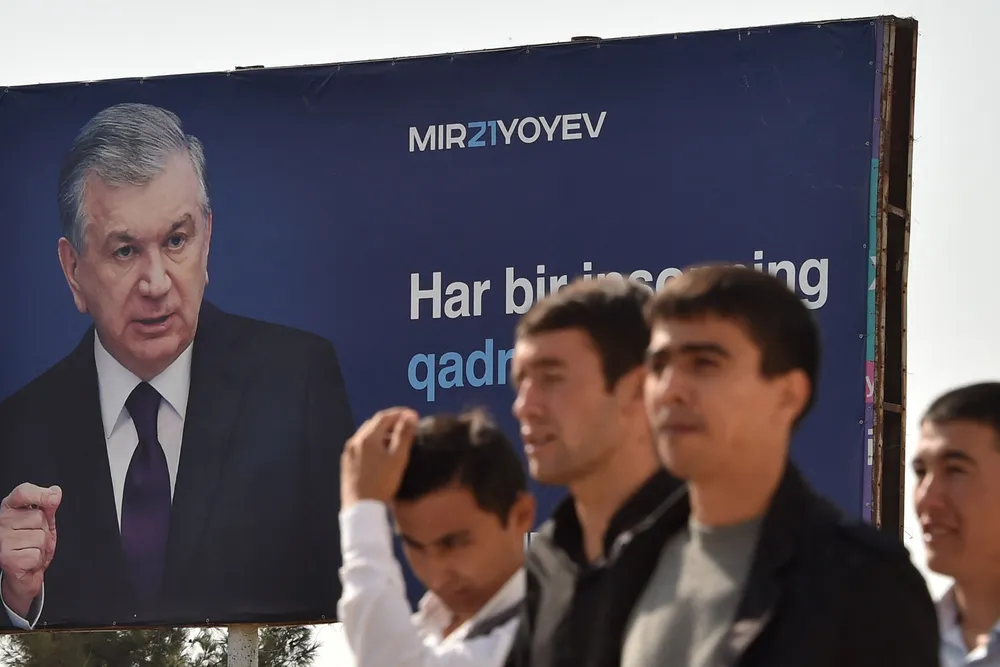Uzbekistan re-elects Mirziyoyev to top post
Foreign investors and international oil majors are expected to see more business opportunities in the country that prioritise economic reforms

Foreign investors and international oil majors are expected to see more business opportunities in the country that prioritise economic reforms
